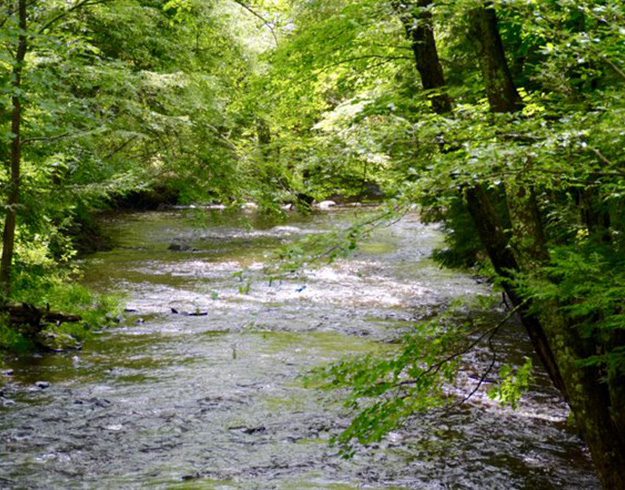The NEMO Program
CLEAR’s NEMO (Nonpoint Education for Municipal Officials) program has been working with communities to protect water quality through better land use since 1991. At present, our main focus in on helping Connecticut communities respond to the “MS4” stormwater general permit, which was expanded in 2017. And we have developed various tools to help protect our waterways, like the NEMO Rain Garden smartphone app, and the N-Sink tool to determine areas in a watershed that are important for reducing nitrogen pollution, and the Watershed Assessment tool to estimate the health of your local watersheds. Recently, we have developed the Stormwater Corps, deploying trained undergraduates to perform stormwater retrofit analyses for towns (see also our STEM portfolio).

Current Projects & Tools
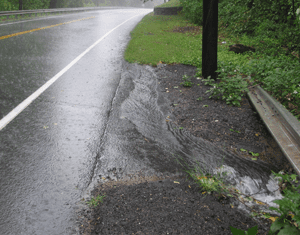
Municipal Stormwater (MS) Support
NEMO, with funding from CT DEEP, is providing multi-faceted support to communities and institutions
to help them comply with the state’s municipal stormwater regulation.
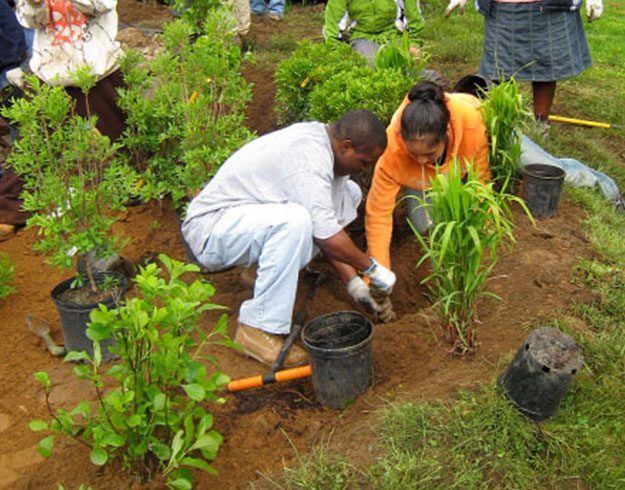
Rain Gardens
NEMO provides trainings, a website, and the multi-state Rain Garden mobile app to demonstrate how
to properly site, size, design, and install a stormwater filtering rain garden with plant, sizing, and soils
data specific to over 20 states.
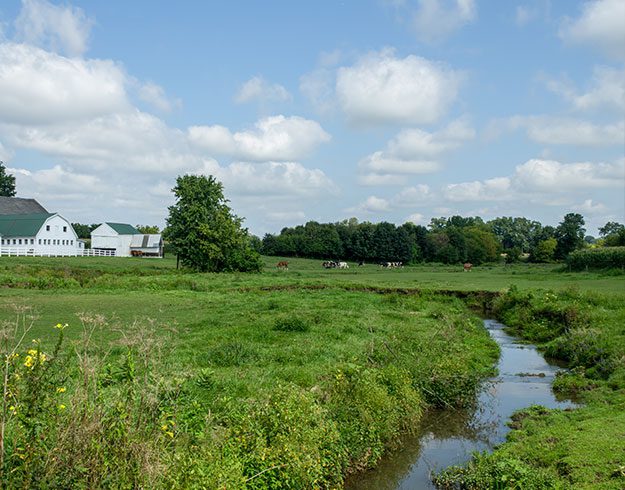
N-Sink
A simple tool for local land use managers to explore the relationship between land use and nitrogen
pollution in their waters.
Local Watershed Assessment Tool
An online tool that uses high resolution land cover to assess stream health for over 4300 local watersheds in Connecticut. Includes a scenario builder where you can estimate the impact of future land cover changes.
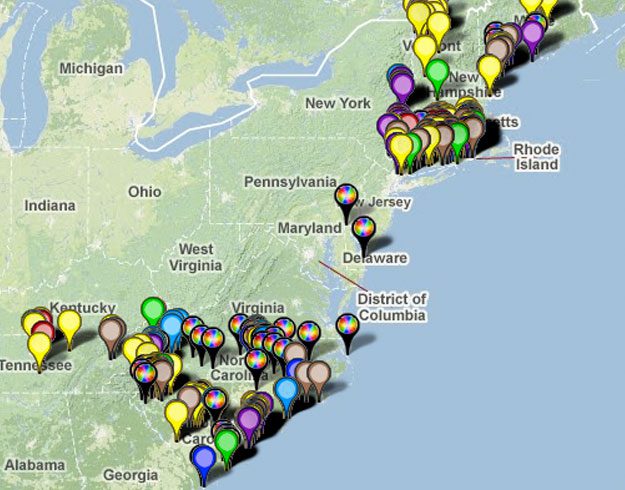
National Low Impact Development (LID) Map
This interactive map showcases examples of water friendly green infrastructure/low impact
development practices around the country.
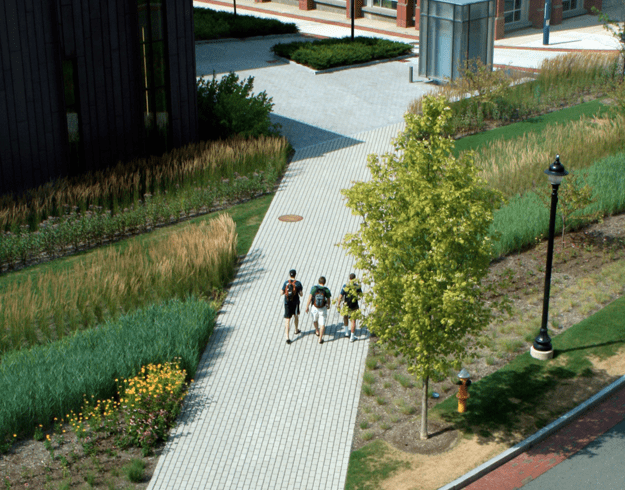
State of LID Storymap
This story map highlights the level of acceptance of LID (Low Impact Development) in local land use regulations
and serves as a database of sample regulations.
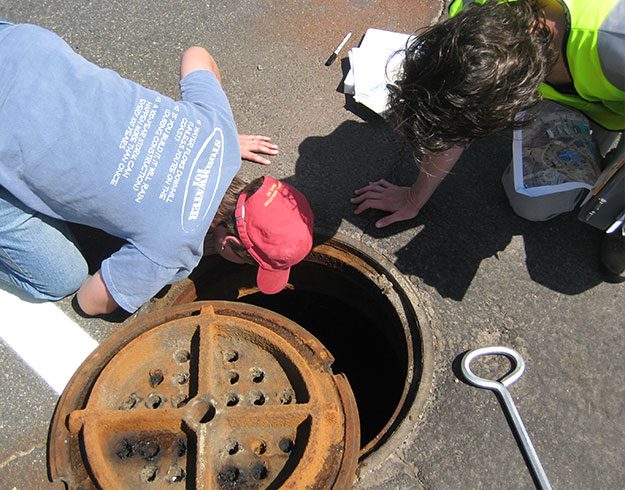
Impervious Cover TMDL
A project documenting the development and implementation of the Nation’s first impervious cover
based TMDL plan on the UCONN Campus.
